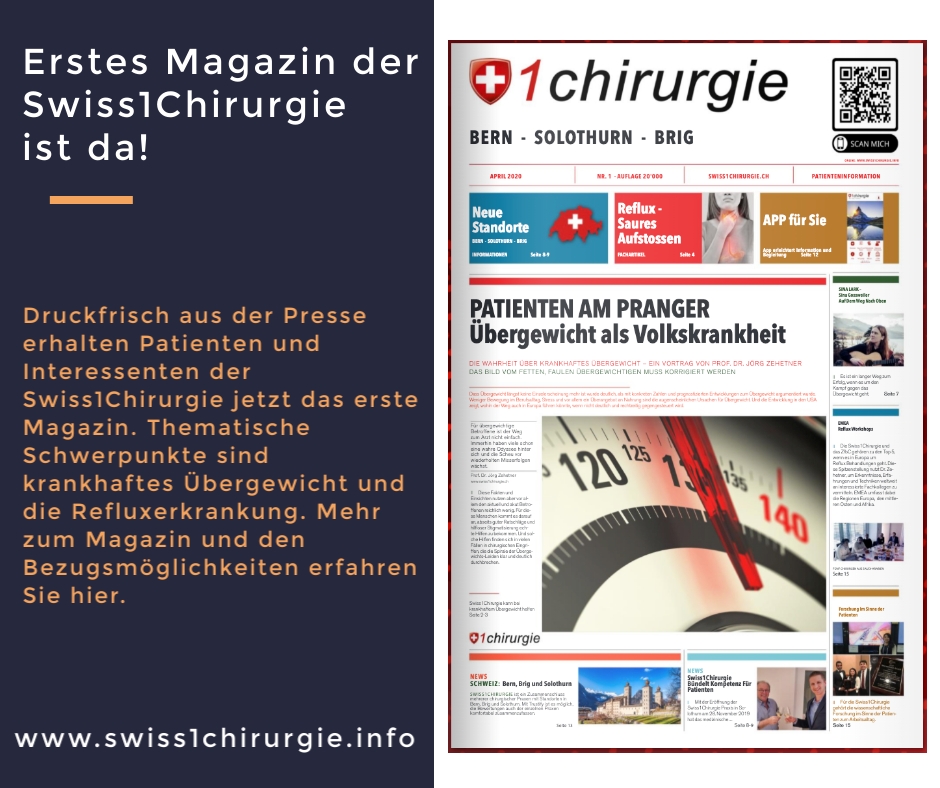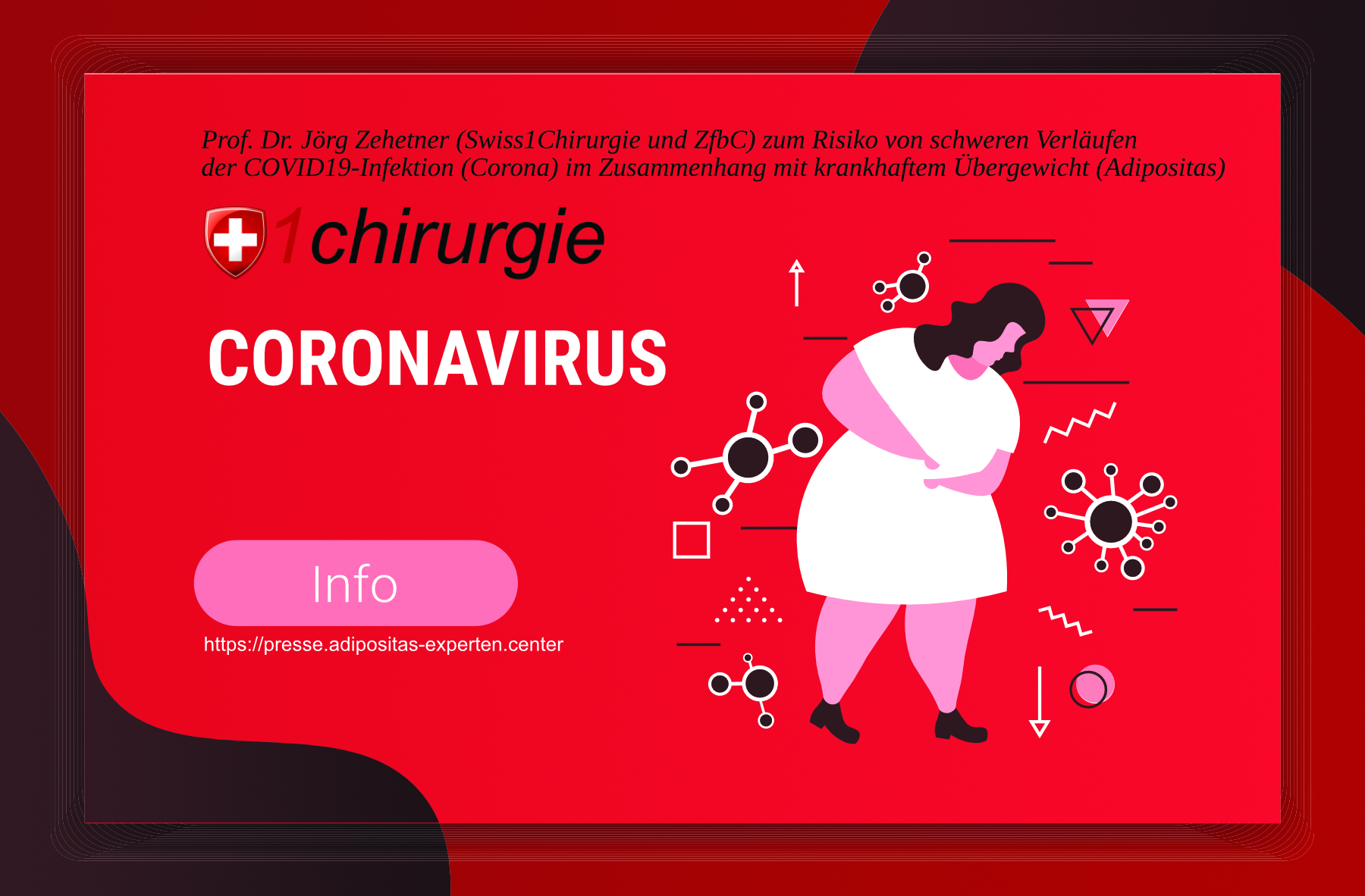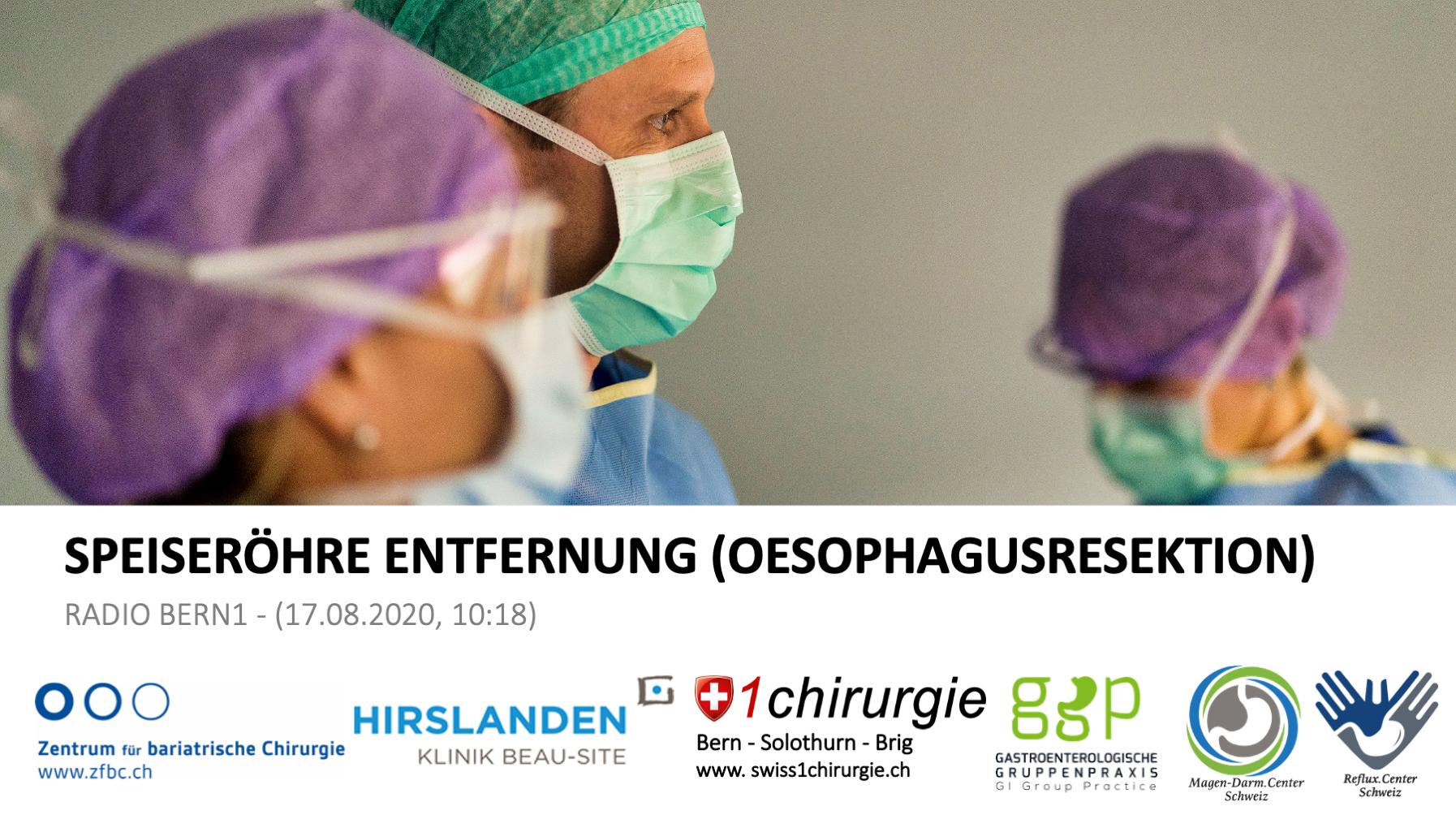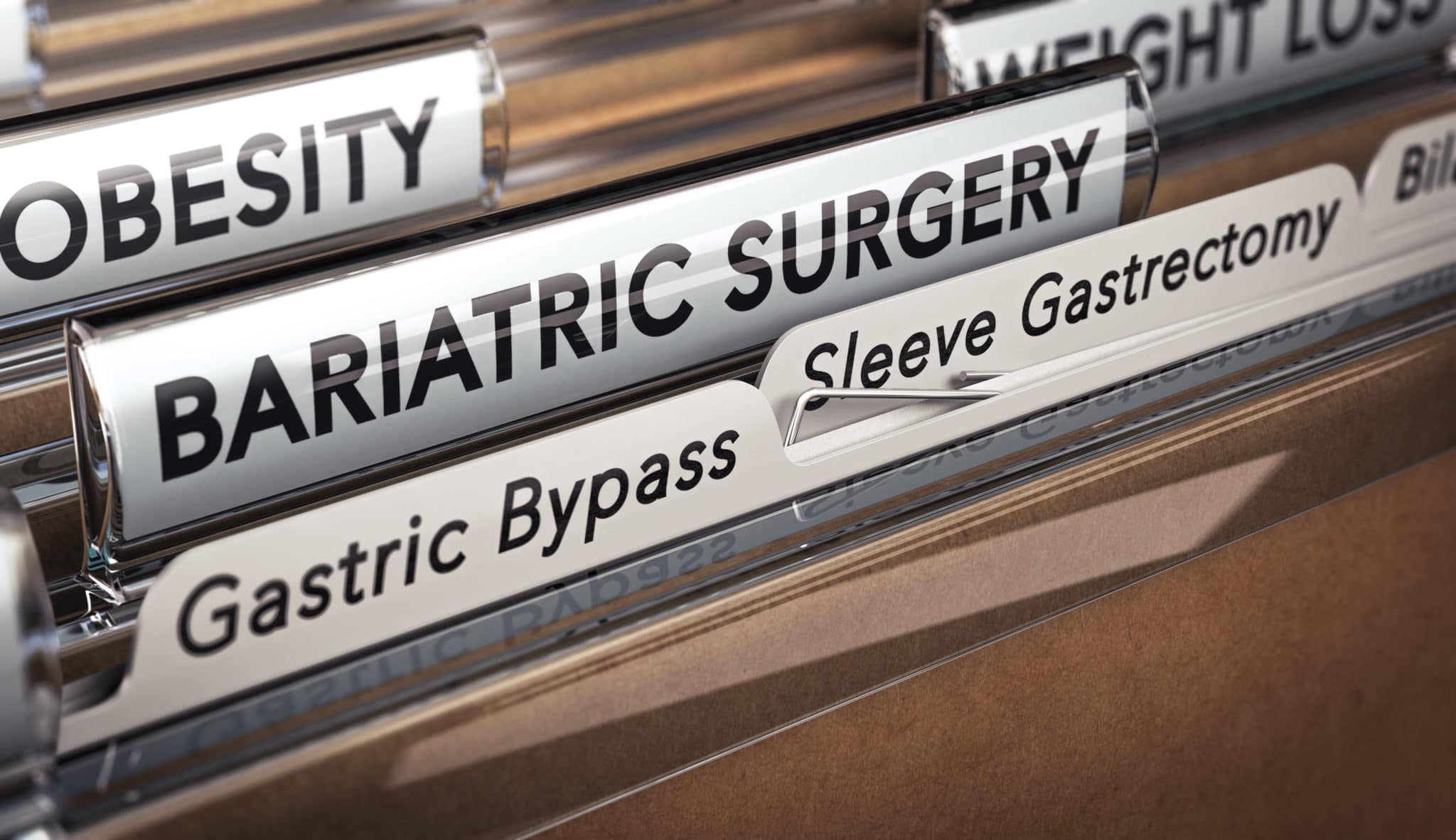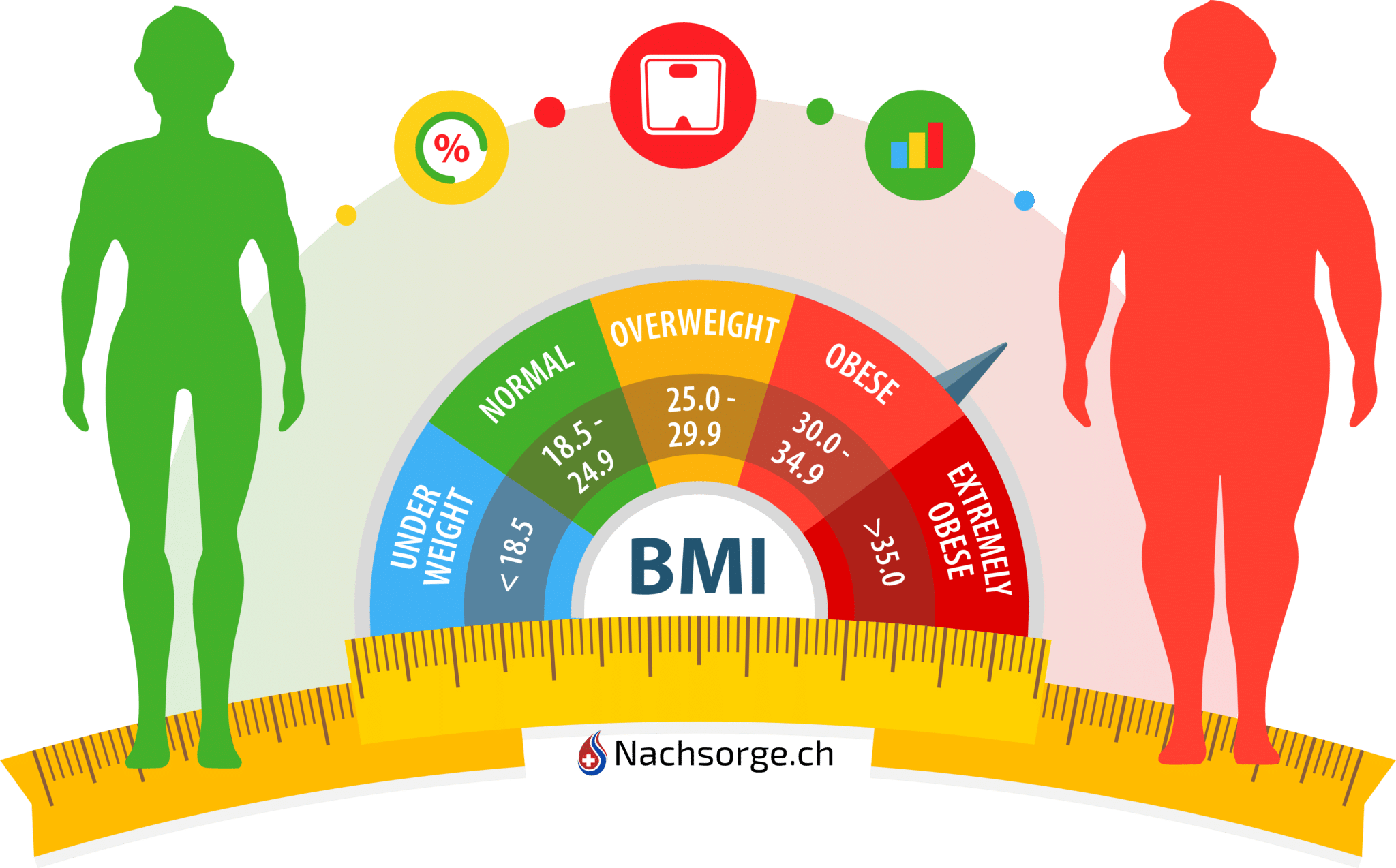With its first magazine, Swiss1Chirurgie addresses all patients and those hungry for information who want to learn more about the topics of morbid obesity or about reflux disease.
We work our way forward in interesting articles on these topics and also provide interesting information about our clinics and the Centre for Bariatric Surgery (ZfbC).
You can find out more about the magazine itself and the contents in detail in the detailed article.
You can pick up a printed copy of the magazine in the Swiss1Chirurgie clinics. Those who can no longer get a copy or prefer to read online can obtain the magazine via the following link: https://v.calameo.com/?bkcode=006115199635078f16024&mode=mini&clickto=embed&autoflip=4
We hope you enjoy reading and look forward to your feedback or meeting you in person at one of our locations in Brig, Bern or Solothurn.
Your Swiss1Chirurgie
Dr. Jörg Zehetner
The first edition of the Swiss1Chirurgie magazine is out. The magazine is now available as a printed copy in our clinics in Brig, Bern and Solothurn. For those who prefer to read the first Swiss1Chirurgie magazine online, it is also available for download via the Swiss1Chirurgie app or on the Swiss1Chirurgie website.
To the contents
We are happy to inform you now, more or less in advance, about the thematic focal points of the magazine in the March 2020 edition.
Morbid obesity, a widespread affliction
A major focus is morbid obesity. From stigmatisation to treatment options, you will learn a lot in the magazine that is worth knowing, new, interesting and particularly informative for those affected. In this way, we do not simply want to disseminate scientific findings, but above all to show the individual path to change. In an easily understandable yet correct form.
To this end, we have approached this still very difficult topic in the magazine with various articles, statements, reports and testimonials. We hope that this will pave a new way for overweight people in particular to get informed and ultimately take the right steps to treat their morbid obesity.
At this point, the reports by and about Sina Gossweiler, also known as Sina Lark in the music scene, should be of particular interest. The young woman is not only known from the show “Deutschland sucht den Superstar” (DSDS), but has also been fighting against morbid obesity for a long time. Obviously with success.
Reflux – When acid regurgitation becomes a torment
Another main topic in the first Swiss1Chirurgie magazine is reflux disease. Persistent, chronic acid regurgitation is not only unpleasant and annoying, it can also have real medical significance. Especially when the oesophagus is attacked by the constant confrontation with stomach acid. Consequential symptoms can extend to oesophageal cancer.
Here we also take the opportunity to present different medical and surgical procedures for the treatment of reflux disease in a little more detail.
Portrait of our locations
The first issue of the Swiss1Chirurgie magazine also gives us the opportunity to present our locations in Brig, Solothurn and Berne in more detail. You will not only learn interesting facts about the clinics themselves, but also about the doctors who are there for you every day.
We will also focus on the Centre for Bariatric Surgery Bern (ZfbC) and show you how the scientific work is being further developed there. A number of different specialist papers and support for bariatric surgery worldwide shows the expertise with which this centre is equipped.
New app makes access to specialist medical services more tangible
We would also be pleased to introduce you to the new Swiss1Chirurgie app. Many people already know them and may also use them to read this article. Anyone who is not yet familiar with the new Swiss1Chirurgie app is expressly invited here to download and use it free of charge.
A wealth of information, a direct line to the medical specialist and support before, during and after treatment are just some of the many benefits that you can enjoy with the Swiss1Chirurgie app.
Take advantage of this opportunity and simply pick up your print copy of the Swiss1Chirurgie magazine in the clinic or download the online version to your device.
I hope you enjoy reading
Your Swiss1Chirurgie
Dr. Jörg Zehetner

